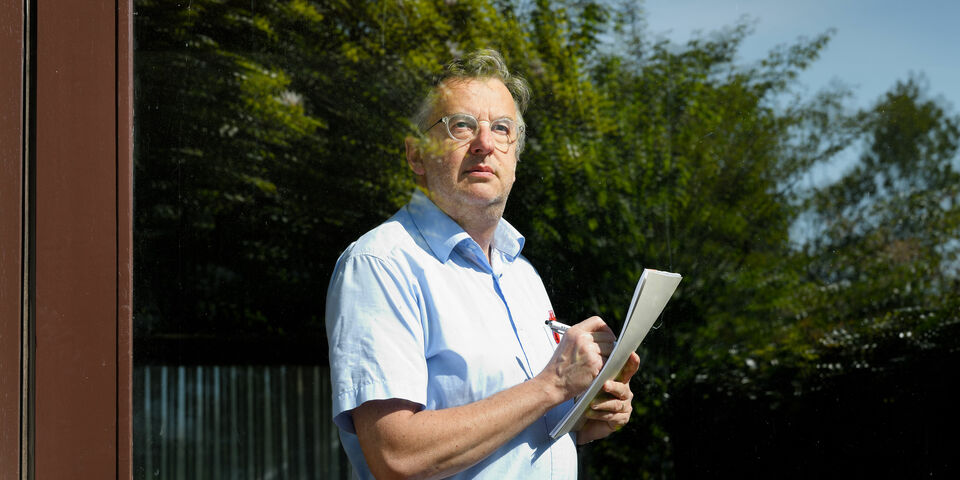Online vs onsite, what’s next?
As most crises, the pandemic has emphasized already existing disparities. These are (infra)structural between countries, regions, urban vs rural, etc. In this respect the Dutch are well equipped with 98% of Wi-Fi coverage. Other differences are professional: people with essential professions kept working on site, others were sent back home, often along blue vs white-collar lines. Finally, these disparities were also personal and reflected some diversity: between households, between people, gender, generation, parents vs children, social role, etc. A world-wide gap.
And at TU/e? Well, we had to switch within a week from onsite teaching to Emergency Remote Teaching (ERT), quite an achievement. But now as the pandemic continues and we want to be a first-class institution, so we need to develop online learning. And that’s another story.
Where are we now? After months of uncertainty during which we tried to reconcile the trilemma (save lives, support the economy and preserve individual freedoms), we are now entering a new era a.k.a. the 2nd corona wave in which group solidarity must rhyme with individual responsibility.
The Dutch are generally good at respecting rules, but on the other hand, they don’t want to be told what to do. This is clear right now with the endless discussion about wearing or not wearing a face mask in public spaces. Speaking in general terms, we need to maintain continuity, inclusion, trust and wellbeing, by compensating social distancing with distant socializing.
Looking at us at TU/e, what’s next in terms of balance between onsite vs online working and studying? Will our traditional office space or lecture room become obsolete? Probably not, but they will need to be reengineered: open spaces must be adapted to a pandemic era. Working from home (WFH) has certainly become popular, but still, many staff and students are eager to return to the office or the lecture room - at least, occasionally. This certainly applies to international students who may lose their bearings in these strange corona times.
Our challenge is to balance work, or study, and personal needs. Currently, lines between personal and professional lives have blurred. And the Dutch don’t like that; they prefer a clear-cut separation. Our internationals are more flexible in this because many come from cultures where work and personal lives are not so distinct.
Another question is whether we are also going to follow the general trend and adapt a hybrid system of partly home and partly office or lecture room? On the positive side, hybrid work or study places provide more freedom and more autonomy to employees and students to schedule work as they like, opposed to rigid hours logged in an office or lecture room. Isn’t it the best of both worlds a combination of structure and sociability, and independence and flexibility?
But there are more positive aspects to online education: it allows options like modularisation, in which you divide work into smaller tasks that staff can complete independently with a mix of synchronous and asynchronous communication methods. This already exists in managing remote teams, for example in international cooperation schemes. Finally, one somewhat negative side of hybrid modes: if you’re in the office and others are remote, it means everybody has to work remotely.
Another possible scenario is to take online work away from home to maintain a clear separation between office and home. One option is to create a so-called hub-and-spoke models: a central hub (TU/e Science Park) can be surrounded by smaller coworking spaces close to home (the spokes). In such a scenario TU/e could develop those spokes in towns around Eindhoven where many employees or students reside. Think of the smart city project in Helmond. And guess what… this model would allow TU/e to drastically reduce the amount of space it needs, while still providing convenience and flexibility for its staff and students.
A last option is again to move WFH away from your house to what they now call WFP, Working From Paradise, and LFP, Learning From Paradise. Interesting concept for digital nomads. Have you ever thought what your default WFP or LFP spot would be to work or study? An island paradise, a remote corner in the mountains (provided there is Wi-Fi), or simply, indeed, your own garden or living room with all your family around? Everybody’s own stukje paradijs op aarde (little slice of paradise on earth) is our new slogan to run away from corona!


Discussie